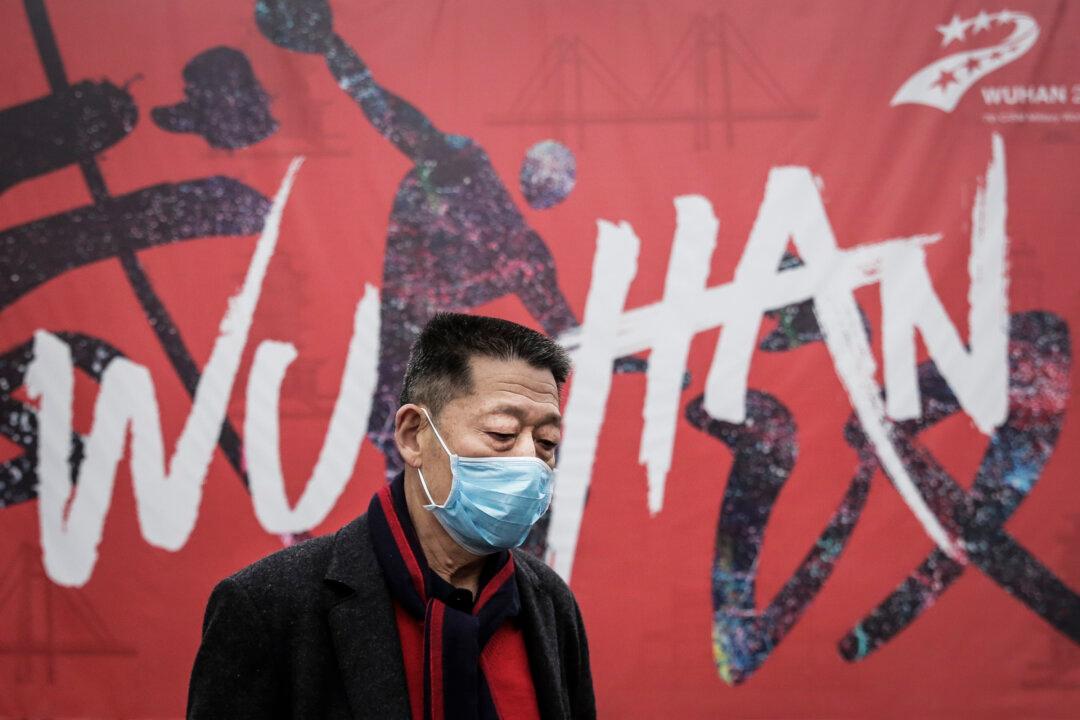As a new form of viral pneumonia has begun spreading across China, different government authorities are reporting different numbers of confirmed cases—raising citizens’ suspicions that they are not being truthful.
China’s cabinet-like State Council held a press conference on Jan. 22 morning, with top officials from the country’s National Health Commission and the Center for Disease Control and Prevention answering reporters’ questions.





